Canada-India foreign ministers meet: All you need to know
The Ministers recognized that in the context of ongoing global economic uncertainty and rising geopolitical tensions, a strong and resilient India-Canada bilateral relationship is essential.
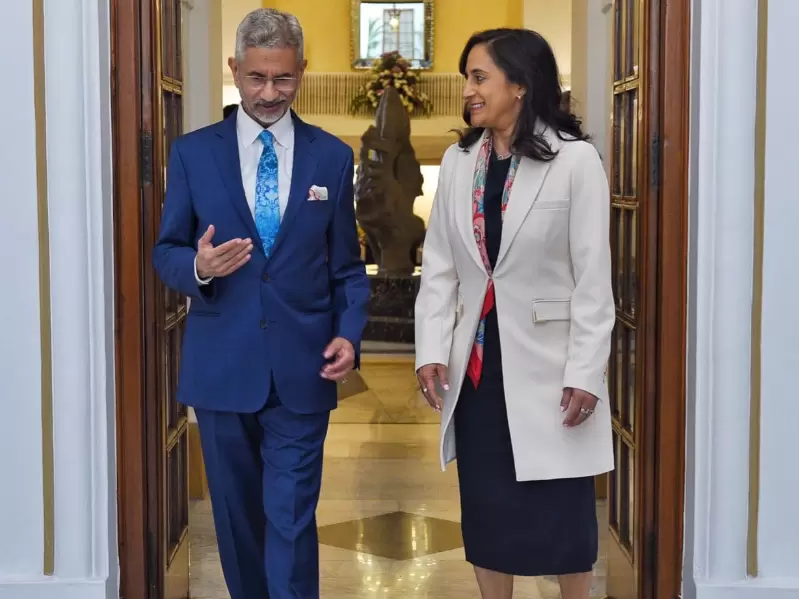 Indian External Affairs Minister S. Jaishankar welcomed Canadian Foreign Minister Anita Anand on Oct. 13 in New Delhi. / MEA India
Indian External Affairs Minister S. Jaishankar welcomed Canadian Foreign Minister Anita Anand on Oct. 13 in New Delhi. / MEA India
The first official visit by any Canadian Minister in Mark Carney’s government to India appears to have accelerated the dialogue for renewing bilateral relations between two time tested trade partners.
A joint communique issued by Anita Anand, Minister of Foreign Affairs, and her Indian counterpart S. Jaishankar, has painted a rosy pictures of the future of bilateral relations that has been caught in a mire of controversies for the past couple of years.
The joint communique said:
“The meeting in New Delhi is a follow up to the guidance provided by the Prime Ministers of the 2 countries during their meeting on the sidelines of the G7 Summit in Kananaskis, Canada, to take calibrated measures to restore stability in the relationship and to pursue a constructive and balanced partnership grounded in respect for each other’s concerns and sensitivities, strong people-to-people ties, and growing economic complementarities."
It said that in keeping with the priorities that the Prime Ministers of India and Canada had set out for bringing momentum to the relationship, both sides reached consensus on a New Roadmap for India-Canada relations.
It underlined that "the Ministers recognized that in the context of ongoing global economic uncertainty and rising geopolitical tensions, a strong and resilient India-Canada bilateral relationship is essential".
Reviving this partnership will not only create opportunities for enhanced economic cooperation but also help mitigate vulnerabilities arising from shifting global alliances, ensure more reliable supply chains, and reinforce strategic stability in an increasingly complex international environment, the statement said.
Both sides agreed that early initiatives in trade cooperation will include:
- Commencing, at an early date, ministerial-level discussions on bilateral trade and investment informed by today’s economic realities and each country’s strategic priorities.
- Resuming the Canada–India CEO Forum, which will bring together leading business executives from both countries to identify concrete, actionable recommendations for both governments to facilitate increased bilateral trade and investment, with a focus on priority sectors such as clean technology, infrastructure, agri-food, and digital innovation. The Forum will convene on the margins of a senior-level trade mission in early 2026.
They also agreed to:
- Increase bilateral cooperation on climate action, environmental protection and conservation.
- Collaborate, exchange information and expertise and support respective climate ambitions in a wide range of areas, including renewable energy capacity, decarbonizing heavy industries, reducing plastic pollution, supporting the sound management of chemicals, and ensuring sustainable consumption.
- Support joint climate and environmental goals by finding effective, long-term solutions that will also provide opportunities to advance economic growth and job creation.
They acknowledged the pivotal role of energy transformation in meeting climate goals, enhancing energy security, and supporting sustainable economic development, the 2 sides reaffirmed their intention to --
- Re-establish the Canada-India Ministerial Energy Dialogue, including the related Action Plan at the earliest.
- Promote two-way trade for LNG & LPG and investment in oil and gas Exploration & Production sector, including clean technologies.
- Collaborate on sustainable low-carbon fuels and technologies
- Welcome and appreciate ongoing discussions in civil nuclear cooperation in support of clean energy transitions.
ADVERTISEMENT
ADVERTISEMENT
E Paper
Video




 Prabhjot Paul Singh
Prabhjot Paul Singh
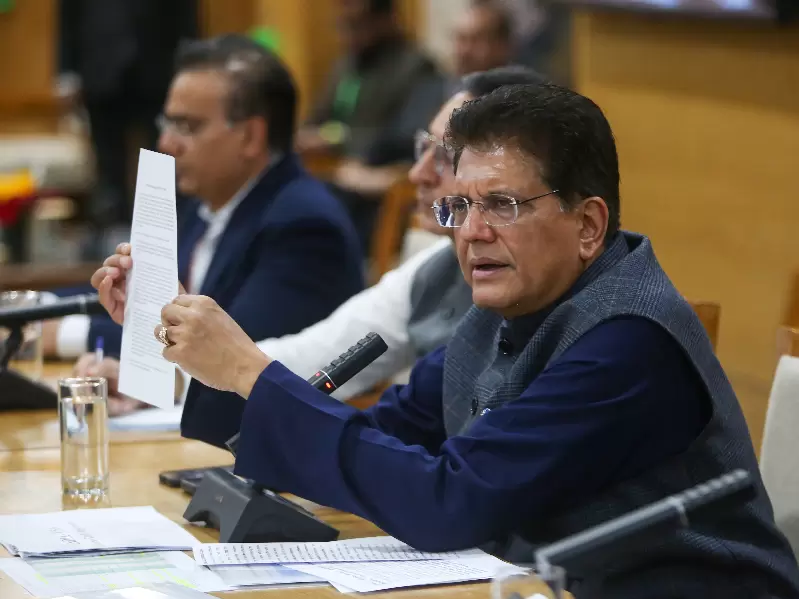
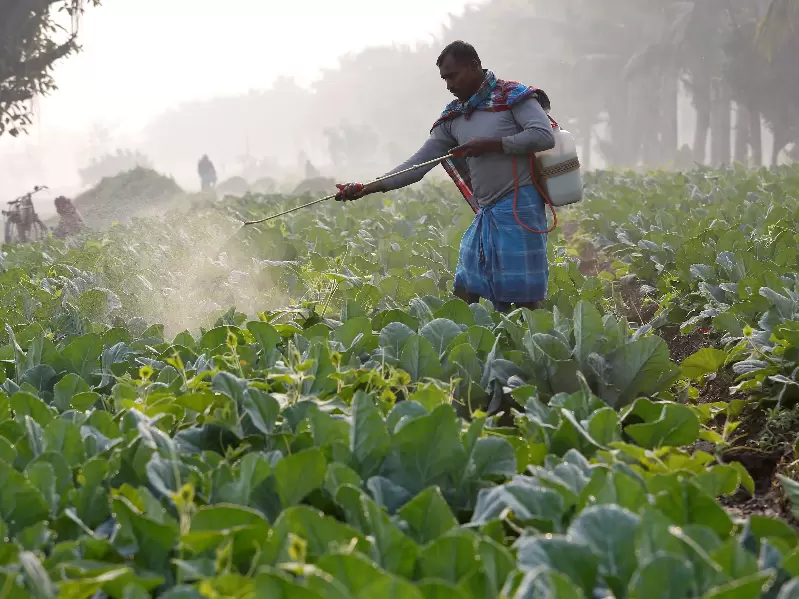

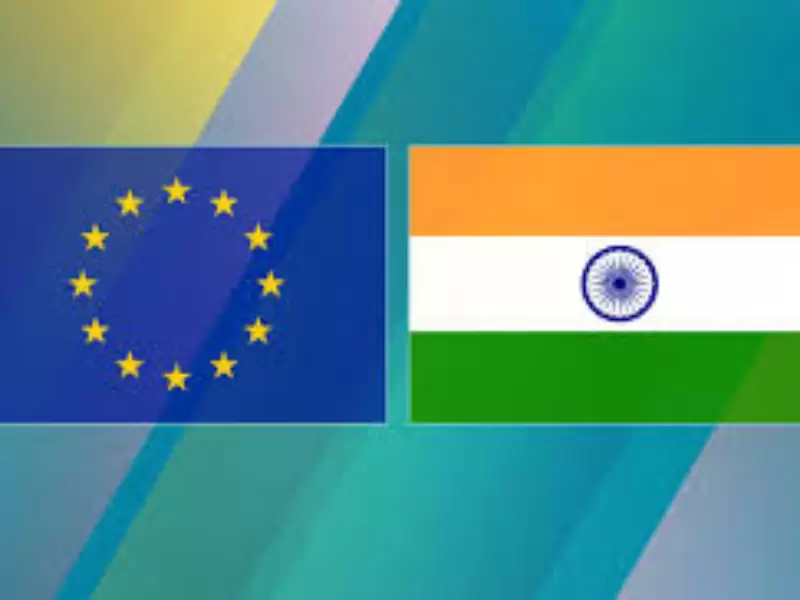

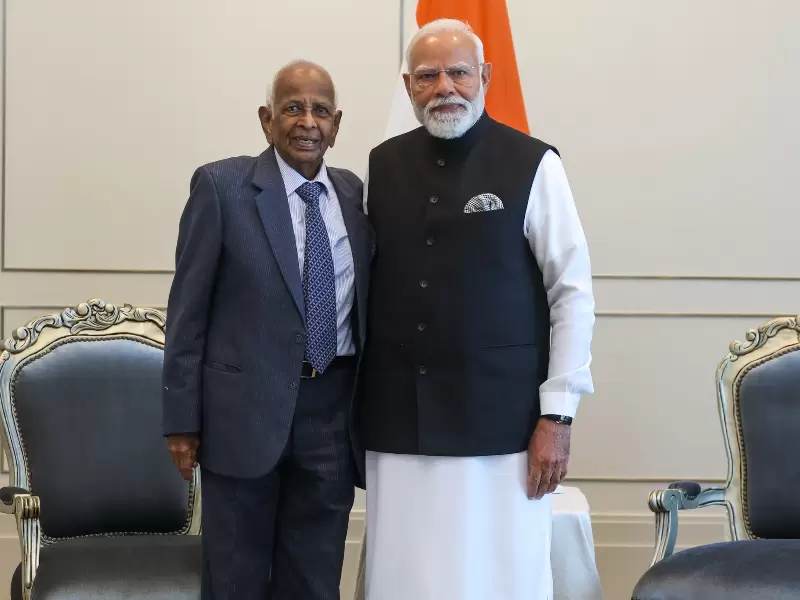

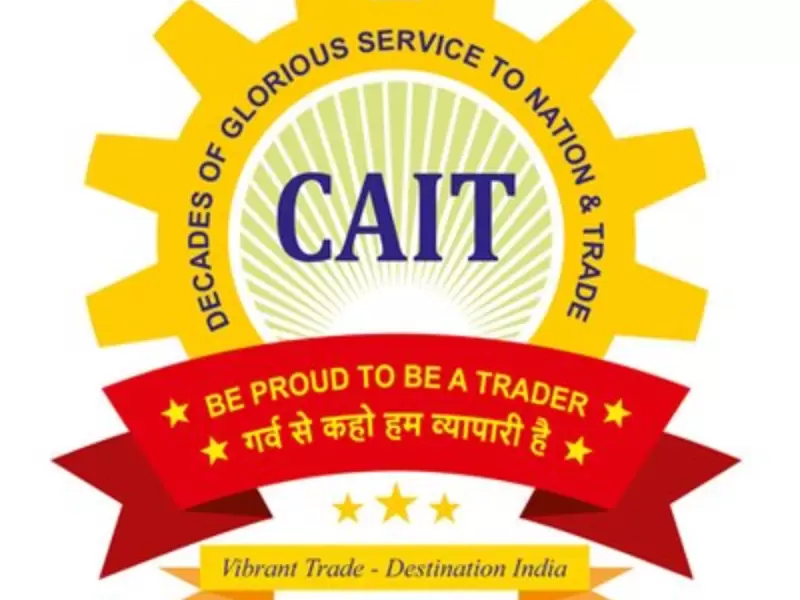
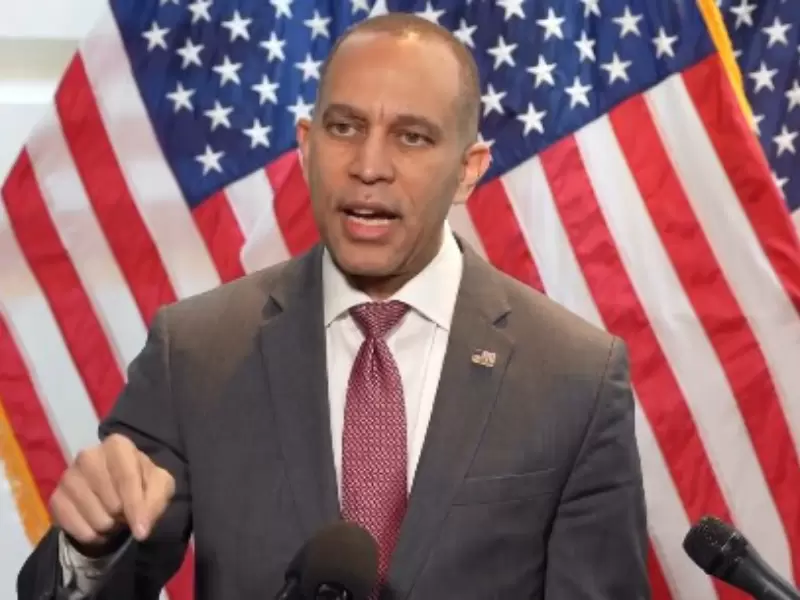




Comments
Start the conversation
Become a member of New India Abroad to start commenting.
Sign Up Now
Already have an account? Login